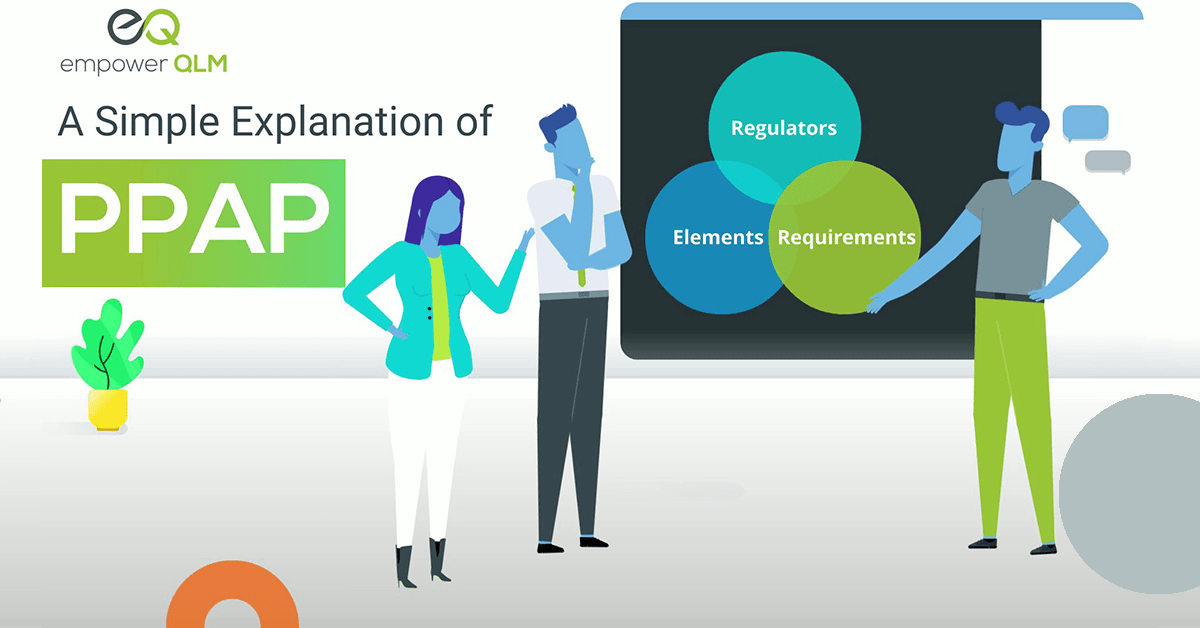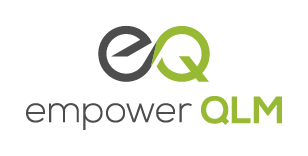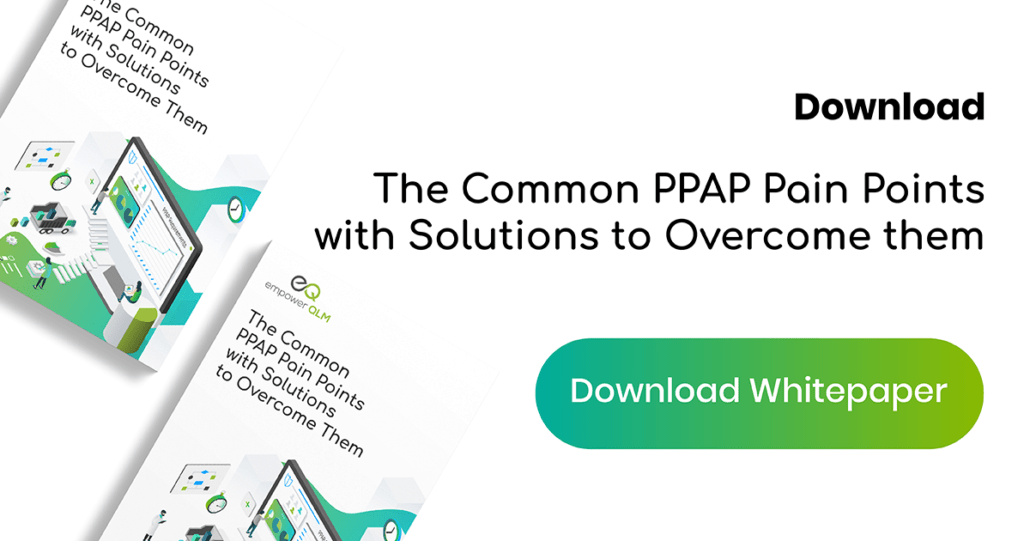
A Simple Explanation of PPAP
Here is a simple explanation of PPAP as a high level overview of the production part approval process for the automotive and aerospace industries.
What is the definition of PPAP?
PPAP is an abbreviation for “Production Part Approval Process. AIAG defines PPAP as the industry standard that ensure engineering design and product specification requirements are met.
Essentially, PPAP helps ensure that a product’s part can be reproduced again and again with the same quality and results.
What standards regulate PPAP?
- For those in the automotive industry, Automotive Industry Action Group (AIAG) regulates PPAP.
- For those in the aerospace industry, the International Aerospace Quality Group (IAQG) regulates PPAP with its AS9145 standard.
What are the requirements for PPAP?
PPAP requirements, which are called elements, can be found in a manual for either automotive or aerospace. Elements are defined based of PPAP levels. There are 5 levels of PPAP.
The automotive industry has up to 18 PPAP elements. The number of elements is based on the PPAP level and applicable customer specific requirements. The aerospace industry has up to 11 PPAP elements
What are the PPAP elements?
Automotive Industry:
For the automotive industry, the PPAP elements include:
- Design records
- Engineering change documents
- Customer engineering approval
- Design failure mode and effects analysis (DFMEA)
- Process flow diagrams
- Process failure mode and effects analysis (PFMEA)
- Control plan
- Measurement system analysis (MSA)
- Dimensional results
- Material performance test results
- Initial process studies
- Qualified laboratory documentation
- Appearance approval report (AAR)
- Sample product
- Master sample
- Checking aids
- Customer specific requirements
- Part submission warrant (PSW)
Aerospace Industry:
For the aerospace industry, the PPAP elements include:
- Design records
- Design risk analysis (DRA)
- Process flow diagram
- Process failure mode and effects analysis (PFMEA)
- Control plan
- Packaging, preservation & labeling approvals
- Measurement system analysis (MSA)
- Initial process studies
- First article inspection (FAI)
- Customer PPAP requirements
- PPAP approval form
When is a PPAP required?
A PPAP is required any time a new part or change to an existing part or process is planned. This helps to eliminate issues before, during, and after manufacturing across the supply chain. Common PPAP pain points experienced by organizations are a result of insufficient technology, high time & resource demands, and capability limitations. Therefore, some organizations seek expert third-party companies to help them conduct PPAP more effectively and efficiently to meet all requirements.
About Empower QLM
Empower QLM, a division of RGBSI, is a cloud-based quality management system (QMS) for total quality lifecycle management (QLM). The technology is the only QMS on the market that enables PPAP automation as result of APQP. It establishes compliance with industry-specific standards across the automotive, aerospace, defense, medical, locomotive, and energy & power generation sectors. From product conception through manufacturing, Empower QLM provides complete transparency by connecting all relevant parts of the supply chain.

